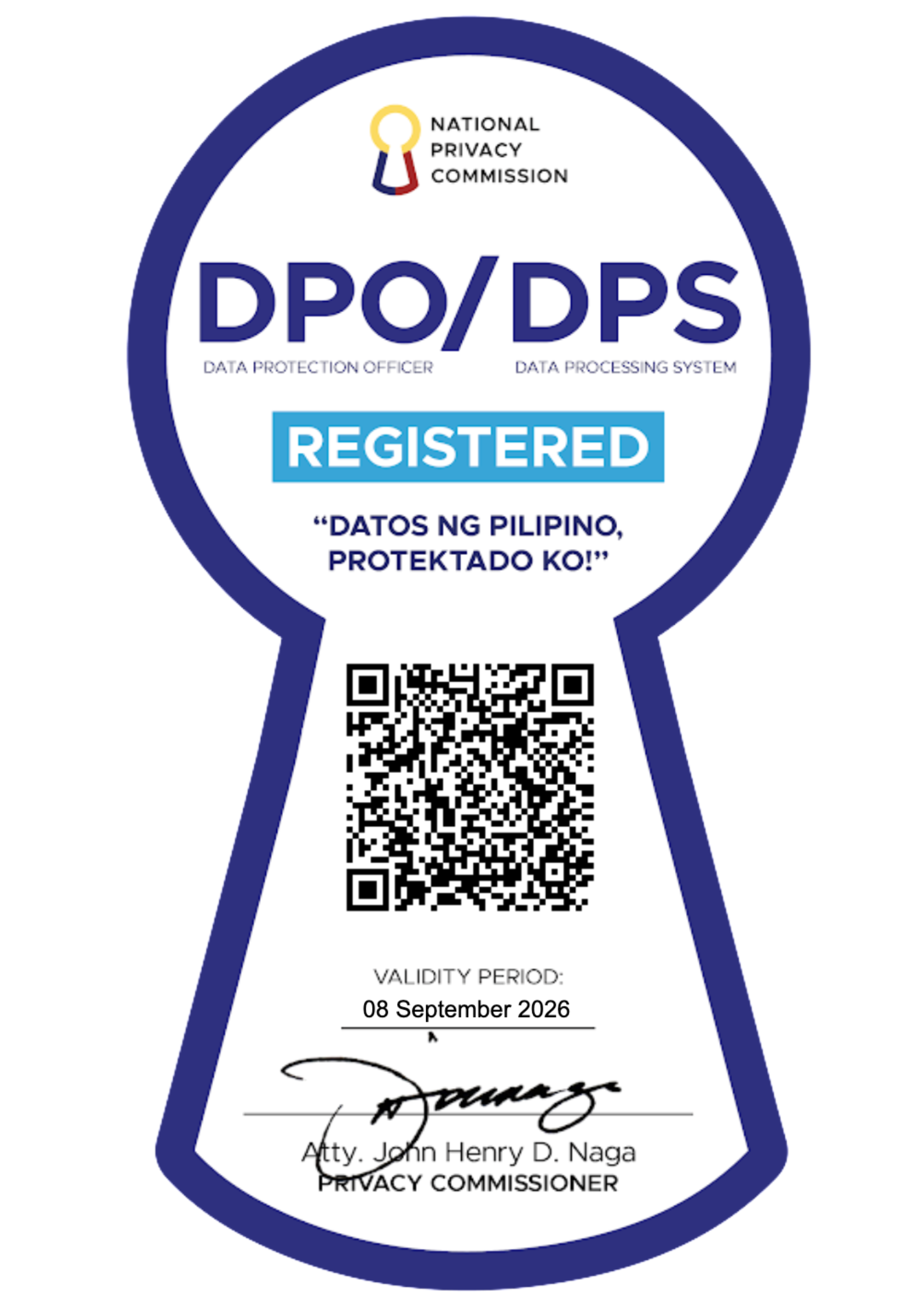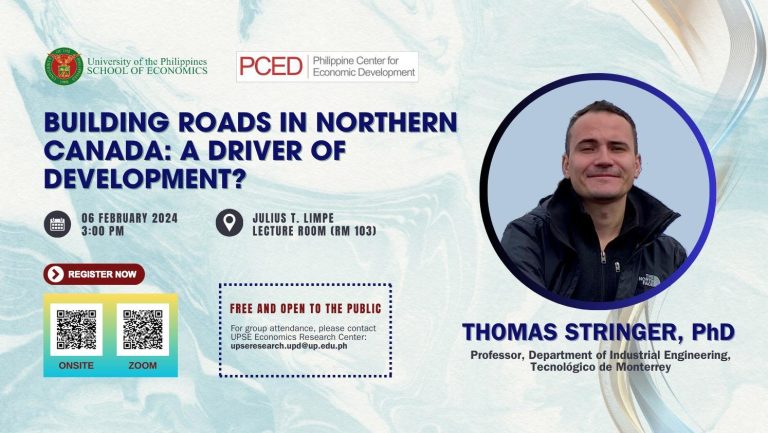
Speaker: Thomas Stringer, PhD (Professor, Department of Industrial Engineering, Tecnológico de Monterrey
Date: 6 February 2024, 3:00 pm
Abstract: The paper examines the economic effects of road connection, using Northern Canada as a case study. It will also outline some of the policy options explored for developing this region, and how infrastructure connectivity could affect remote communities in countries such as the Philippines. About the Author: Dr. Thomas Stringer is a Professor in the Department of Industrial Engineering at Tecnológico de Monterrey in Mexico. He holds a PhD in Industrial Engineering from the University of Montreal. His postdoctoral training was completed in the Department of Civil Engineering at the University of British Columbia, researching economic implications of transportation in...
Read More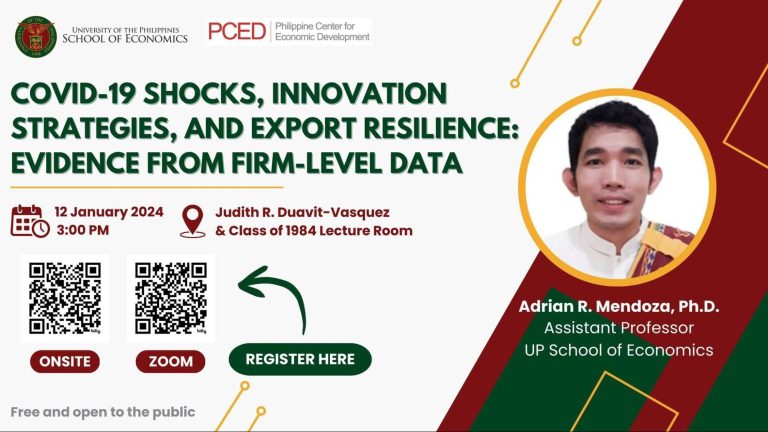
Speaker:
Adrian Mendoza, PhD (Assistant Professor, UP School of Economics)
Date: 12 January 2024, 3:00 pm
Venue:
Judith R. Duavit-Vasquez & Class of 1984 Lecture Room (Room 105)
Abstract: A large firm-level dataset that covers 23 countries was assembled from the World Bank Establishment Surveys and COVID-19 Surveys to analyze the impact of COVID-19 shocks on exporters and whether their emergency innovation responses improved business resilience, robustness, and survival during the pandemic. The empirical strategy employed logistic, Weibull, and negative binomial regressions to model exporters’ behavior amid the disruptions. The results show that despite the larger exposure to global shocks, exporters, especially those located in developed countries and connected to global value chains, had higher survival probability than non-exporters during the crisis. The regressions also confirm that in...
Read More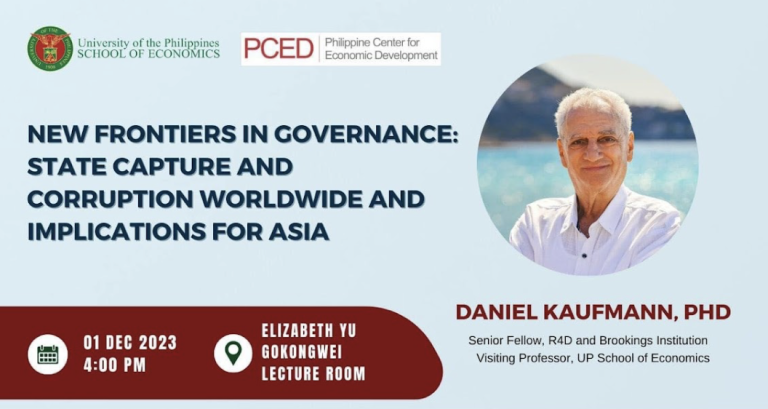
Speaker:
Maria Cielo D. Magno
Date:
06 October 2023
Time:
4:00 PM
Venue:
Judith R. Duavit-Vasquez & Class of 1984 Lecture Room
Other Details:
None
Abstract: One approach to reduce the cost of medicine is through generic drug competition. The Generics Act of 1988 (R.A. No. 6675) requires government health agencies and personnel to use generic names in purchasing, prescribing, dispensing, and administering medications. The law also requires all medical practitioners (public and private) to prescribe generic medication. We have seen an increase in generic prescribing in the Philippines. This is supported by the proliferation of generics-only drugstore chains in the country. Using IQVIA’s quarterly panel data from 2000 to 2020 of the therapeutic class statins, we examined whether the entry of branded and non-branded...
Read More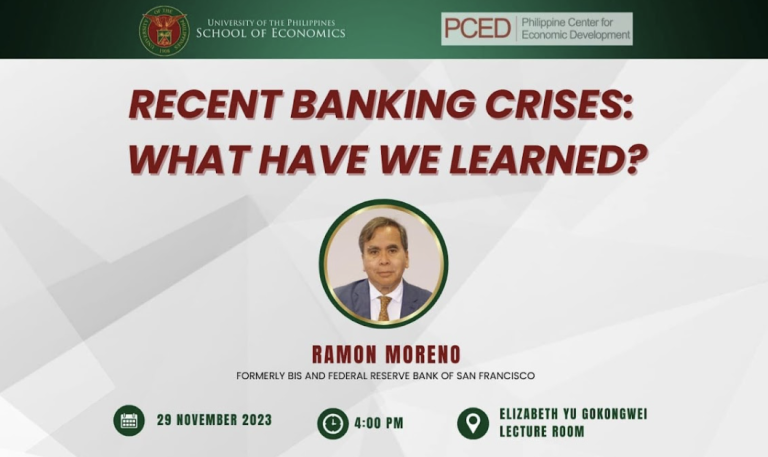
Speaker:
Ethisham Ahmad
Date:
27 June 2023
Time:
4:00 PM
Venue:
Judith R. Duavit-Vasquez & Class of 1984 Lecture Room
Other Details:
None
Abstract: The Pandemic has underlined the importance of uncertainty in modeling and policy design, which also applies to the increasing frequency and intensity of climate shocks. Policies based on static market-clearing models, popular in the BWIs, need to be reconsidered, especially considering informality, and rent-seeking, which are common in many emerging market economies. Digital transformation, including blockchain and big data, also changes the possibilities relating to policies as well as institutional design. Based on policy-based research leading to comprehensive fiscal reform in Mexico in 2013/14, and to the Chinese 14th Five-Year Plan, the Seminar will address lessons for fiscal policy choices...
Read More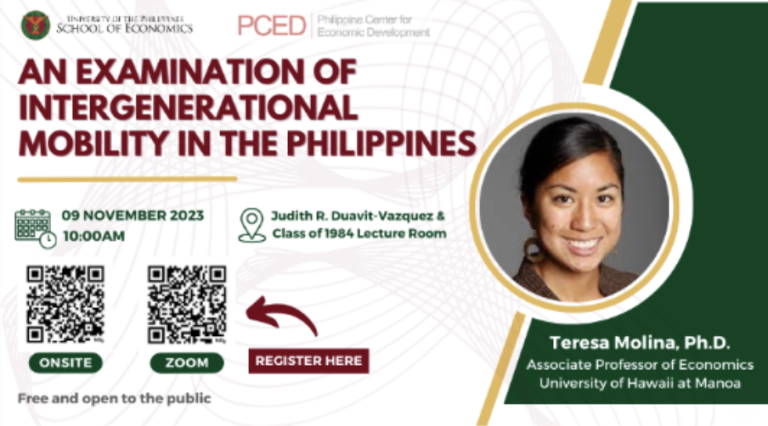
Speaker:
Marianne Juco
Date:
07 June 2023
Time:
4:00 PM
Venue:
Judith R. Duavit-Vasquez & Class of 1984 Lecture Room
Other Details:
None
Abstract This dissertation studies and measures the extent of family relations between Philippine businesses and government, and provides the quantitative evidence for the rich anecdotal literature on Philippine politicians and their firms. We hypothesize a family-based definition of political connections and delineate two types of political connections according to motive: firms with politics-to-business connections motivated by political goals, and firms with business-to-politics connections motivated by profits. Using a sample of 18,000 Philippine corporations, we identify politically connected corporations. We establish stylized facts for these politically connected firms, illustrate the pervasiveness of these connections across regions and industries, and estimate the size of the economy...
Read More

